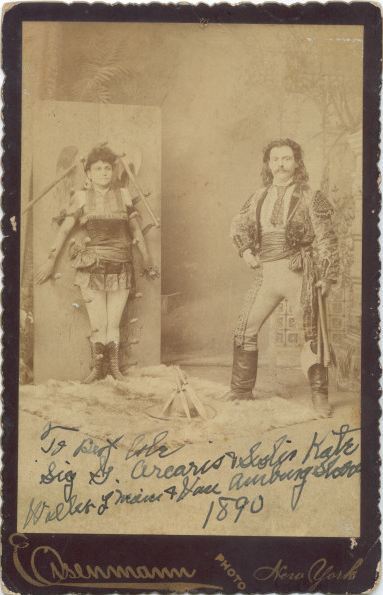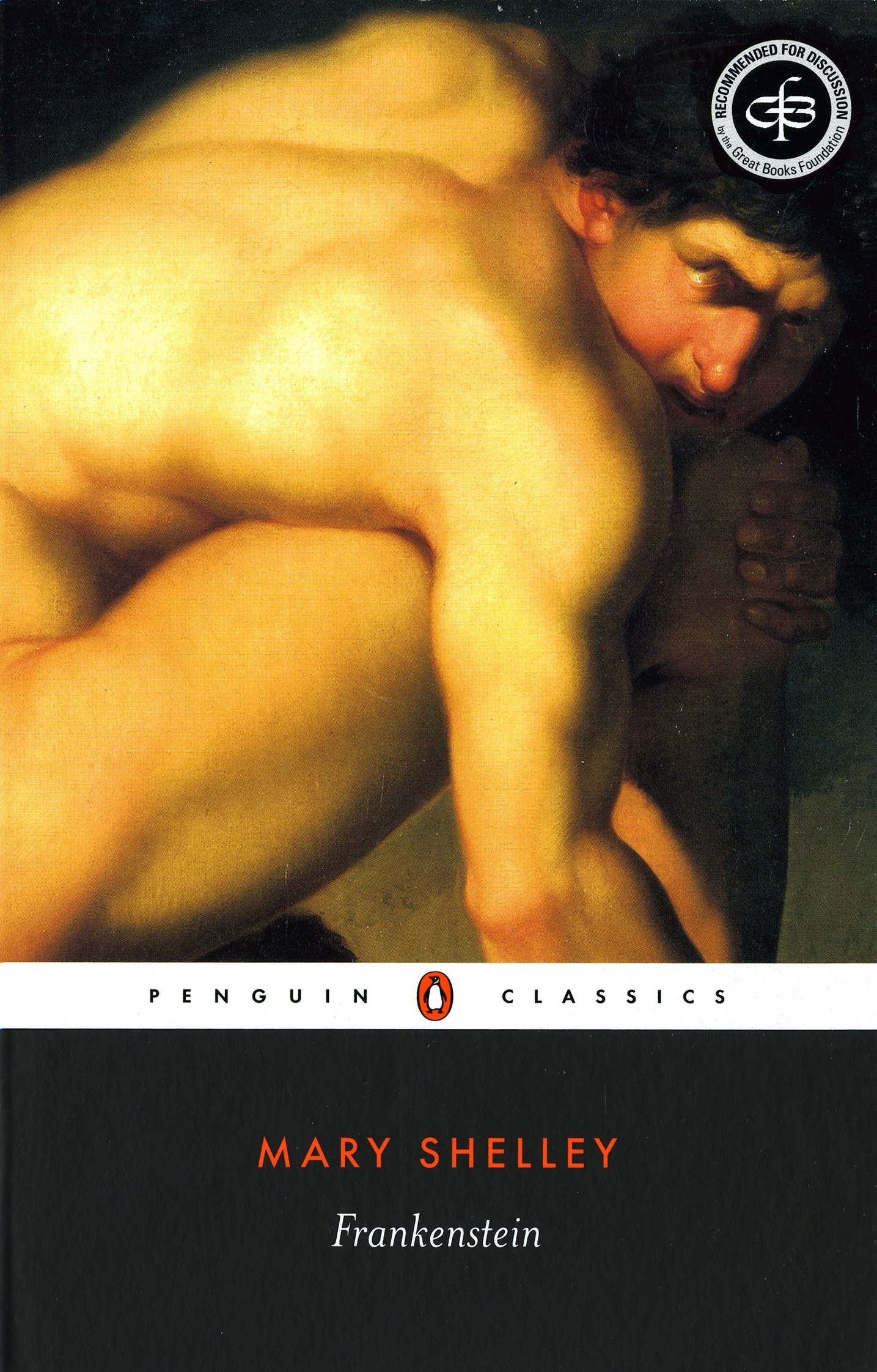Back in April I blogged about
things I would tell a younger me. The idea was to highlight how writers change and learn and grow and get better by seeing what we used to be like - specifically by offering advice, sharing things we know we've learnt, admitting to habits we know needed breaking, etc.
It's a great thing, hindsight, and it's always 20/20.
Of course, mistakes make us who we are. Getting things wrong, messing up, breaking a story ... these are all important things to do if you're going to learn how to get things right. Even if I
could tell myself certain things, perhaps, in reality, I wouldn't.
But it's still a fantastic question. What would you say to yourself, as a writer, if you could pop back a few years and leave just one quick message?
 |
| Being able to go back now would save me so much wasted editing and silly, pointless rewriting |
My first post hasn't come close to exhausting this area. Hasn't even scratched the surface. There's probably too much to say, too much to learn. Still...
I've asked around among other writers, with just this one, simple question, and with their permission I'll share a few of their answers.
Leah Raeder (who blogs about books and writing
here) was brilliantly direct with herself:
Be consistent.
Creativity is not neat and tidy. It's messy. Deal.
Grace Wen (who blogs
here) is pretty encouraging:
Dear younger self:
You know those books you love so much? They're written by people. No, really. You can do it too, and get paid for it. Don't listen to the stupid people around you who say fiction is useless in the "real world." They're wrong.
Author
Al Stevens (
http://www.alstevens.com/) has some pretty practical advise for his Younger Self:
Dear YS,
Learn to type better and sooner.
OS
A. M. Schilling (blogging
here) speaks from real experience:
I would tell my younger self to stop trying to be a wunderkind and dump the pressure. I spent a good chunk of my 20's with an enormous amount of self-imposed expectations. I was going to be the next Anne Rice or Stephen King before I was 25, dang it! That's what all my teachers and friends said, anyway. And who was I to tell them they were wrong?
Trouble is, by putting that kind of pressure on myself I crashed and burned. I had a major publisher interested in my book but I was so focused on making it perfect that I couldn't finish the dang thing. I freaked out, and had to step away from writing anything for a while. It took me more than ten years to feel like I was ready to try again.
This time there's no pressure and it's a lot more fun. Revisions no longer give me cold sweats, and I know to never, EVER query anything that's not done! Most important, I no longer care if I'm the next Stephen King. I just want to write stories that entertain people.
Anna Krentz (who also runs a fantastic photography blog,
The Passion of Former Days) has different advice for different times:
To very young me, no, other ways to say "said" are not better than "said". And, ya know, a first draft is only the start. Write more than one draft, seriously.
Getting to slightly older younger me... Don't stress about not being able to write something as good as x or y. You're very young; it does take life experience to even begin to write like that. Read a lot and experiment and LIVE, and then you'll start to get there.
Dechef (sharing a great range of writing
here) is both tongue-in-cheek and practical when dealing with the past:
Dear younger self:
I've enough trouble listening to myself in the future, so I'm not gonna pretend a younger, less educated version of me would! You little brat.
But no seriously, I'd tell myself to try and get in the habit of writing and/or reading just for fun more. Get a jump start on the whole deal here.
Seems like a lot of people wish they'd just written more and read more. The worrying and the editing and the perfecting and the reaching for pointless goals? Could have been dropped, if we read more, and wrote more.
Randi.Lee, of
The Emotional Process of Writing a Novel, phrased it well, I think:
Don't try too hard to 'write originally.' I always wanted to have a special 'tone' to my writing- something that would distinguish me from everyone else. Because of this desire I would often get stuck re-writing a single sentence for 15-20 minutes at a time. Sometimes I'd circle back and do it again! A good chunk of energy and time was wasted. I could have written so much more than I did.
It's that last sentence I love.
I could have written so much more than I did. That's the tragic problem of so many great writers.
Finally (I know! Long post, huh?)
Kelsey, of
Kelsey is Writing has some great philosophy to lay down on her former self:
I'd tell my younger self to keep creating and to cultivate that no-fear way of life.
The biggest, brashest, boldest decisions have been the most exciting and the most rewarding.
Pretty good, right? The biggest, brashest, boldest decisions! It alliterates and everything.
So what was my point here? Simply that writing is an art and it is
always changing and being reshaped and getting better. Writers have to try, and work, and - perhaps hardest - accept that there's no magic formula to brilliance and success. We just have to write, and read, and write some more, and stop the worrying, and keep the words flowing.
But it's nice to see progress. To know that now, as our older selves, we have moved on from old habits and old problems. Of course, we're making all the mistakes
now that our future-future selves will rue. That's probably a good thing. Let those guys worry about that.
[If any one would like to read it, these authors' comments, and many more, are in a thread I started on the Absolute Write forums, found
here]











